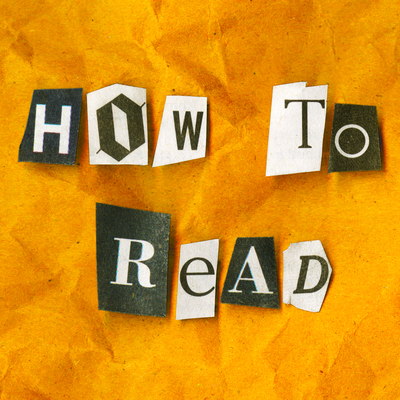When you think about historical reenactment, you probably think about reenacting Civil War battles or performing a character at a Renaissance fair. But Catherine Grant is interested in artists who use reenactment to ask questions about the history of feminist and queer activism, and the role of artists in political life. By reenacting and remixing scenes from history, these artists revive stories from the past that might illuminate the present in surprising ways. Beyond the realm of art, Catherine wants us to recognize the power of performing repeated actions in our everyday lives.
Tag: attention
It’s difficult to maintain attention when surrounded by distractions. Even if we’re just trying to focus on our own thoughts, distracting words have a way of popping into our head uninvited. David Marno has been studying early Christian thinkers, for whom prayer meant paying attention to God, leading them to worry that distracting thoughts were caused by evil demons. But avoiding these demons of distraction wasn’t the goal for everyone: the poet and preacher John Donne believed that true attention could only emerge out of distractedness, and so wrote poetry that moves readers from distraction to spiritual attention.
